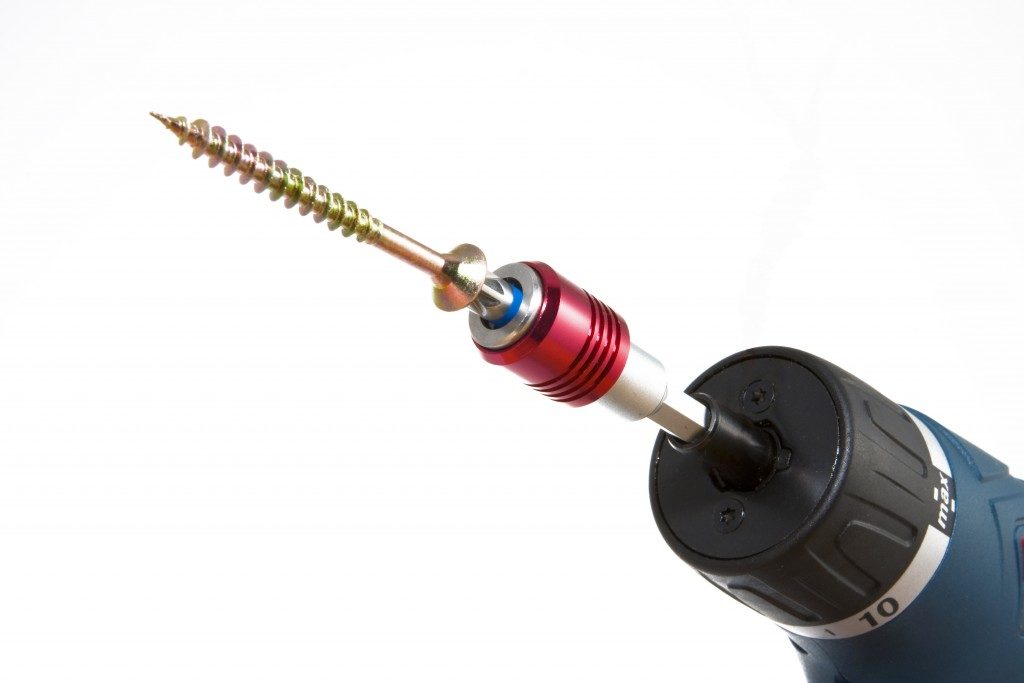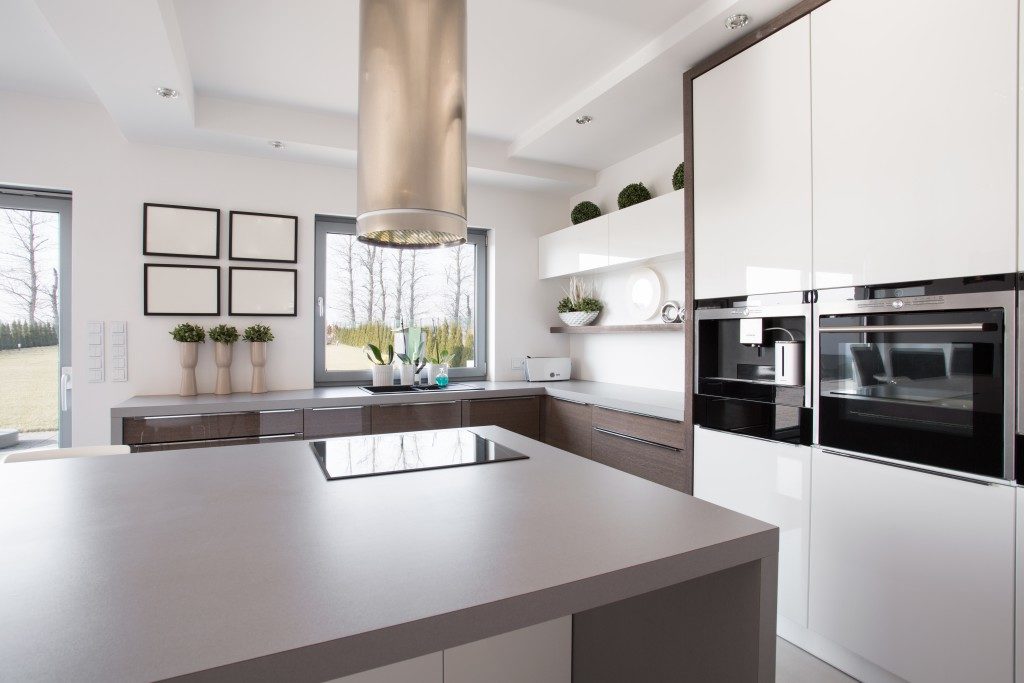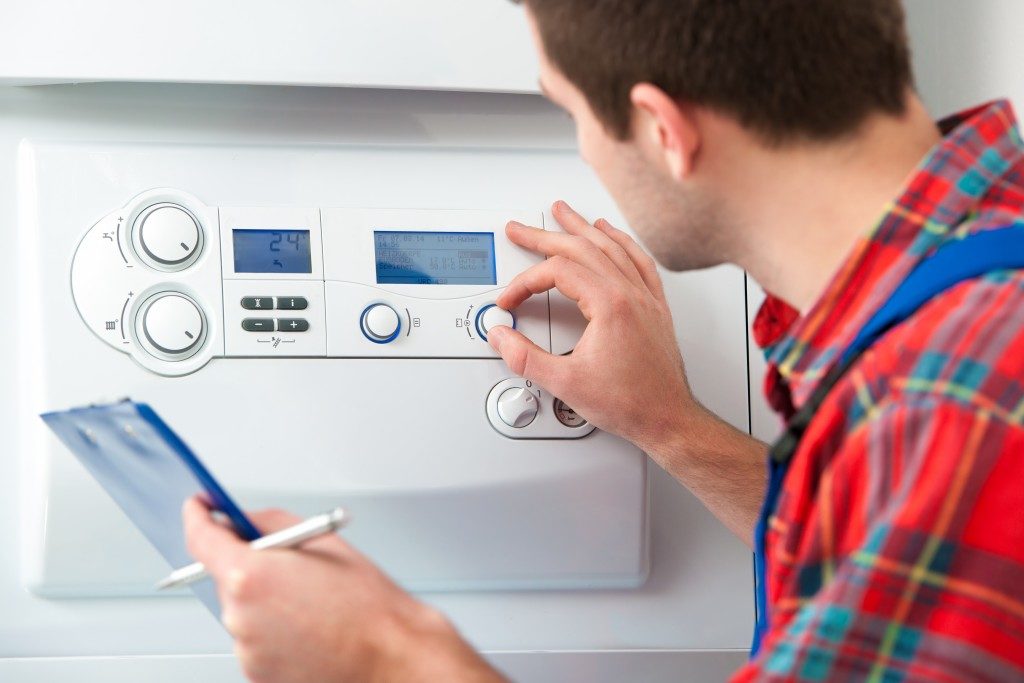Unless you’re planning on overly complicated projects that require artisan-level skills, you’ll only need three types of screws for all your various home projects. These screws serve different purposes, and mixing and matching is probably a bad idea.
Metal Screws
Metal screws come in stainless steel and galvanised zinc variants. Zinc screws cost half the price of stainless screws, but they are more prone to rust and not as strong and durable as their steel counterpart. Using stainless screws is especially crucial to outdoor projects as zinc can easily corrode.
Metal screws are self-tapping; they drill into metal, cutting the material and forming their own thread. These screws are designed to withstand the stress of holding together heavy pieces of metal for an extended period. An average stainless screw has a tensile PSI (pounds per square inch) strength of 100,000 — surely enough for any of your projects. A metal screw is fully-threaded to maximise grip and fully secure the two connecting pieces.
You should use metal screws any time you are connecting any material to a metal base, be it plastic, fibreglass, or wood. Metal screws are the most versatile screws, and you could probably switch it for other screws if you don’t mind the extra cost.
Wood Screws
Most wood screws are only partially threaded. This allows you to attach two pieces of wood more securely and with minimal damage to the attaching wooden piece. Wood screws are few and far apart to minimise damage and prevent cracking.

You might need to drill a small pilot hole for harder woods such as Australian Ironwoods and Brazilian hardwoods. Wood screws are explicitly used for attaching materials to wood; they might not have enough tensile strength for particularly heavy loads. Wood screws are designed for flexibility.
The changing nature of wood in different seasons, temperatures, and weather conditions causes wood to expand and shrink constantly. The flexibility of wooden screws allows them to withstand and adapt to these transformations, maintaining secure connections and minimising damage.
Masonry Screws
If you’re attaching materials to concrete, you’ll need to use masonry screws. You might need to pre-drill metal materials if you’re going to attach it to wood. Masonry screws aren’t as durable as metal screws, and cutting through metal can easily dull their edge. You can also purchase partially threaded masonry screws for more precise fits.
Concrete is a sturdy material, and getting your screws skewed into unsightly angles can be a problem. Make sure to drill a moderately deep pilot hole to ensure proper alignment. Masonry screws can come with or without corrosion coating. If your project isn’t exposed to the elements, then you probably won’t need corrosion coating.
In the end, you won’t screw up if you use the right screws. Don’t hold out on your projects. Just because you’re not a professional doesn’t mean you can’t use professional standards. Try to use the most appropriate screws for your different projects, and try not to mix and match a much as possible.



